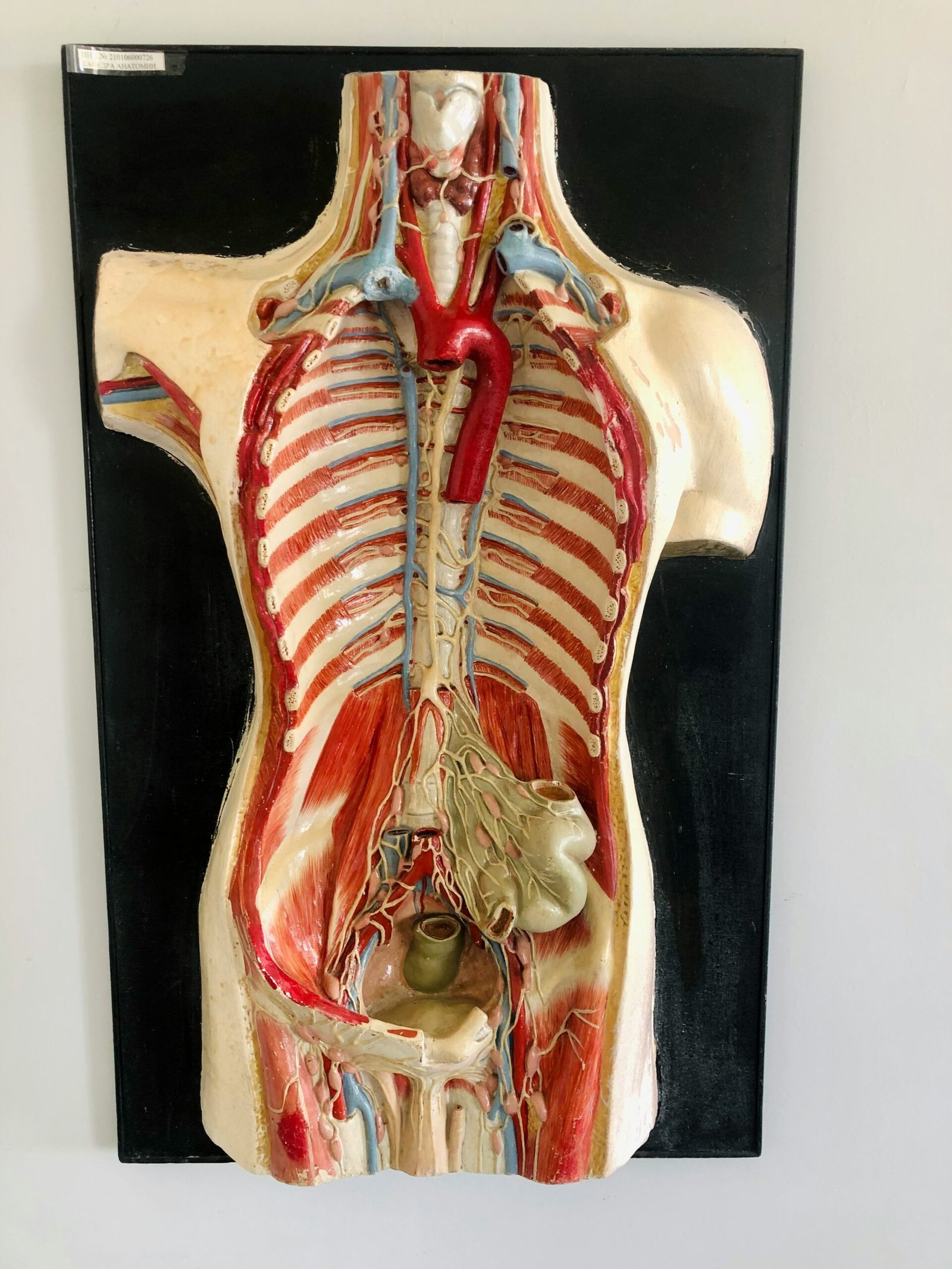Understanding Self-Care: What It Really Means
Self-care is a multifaceted concept that extends far beyond indulgence or luxury. It is a vital practice for sustaining mental health and overall well-being. At its core, self-care is the active engagement in activities that promote physical, emotional, and mental health. It is an acknowledgment of one’s own needs and a deliberate effort to meet them, contributing to a healthier, more balanced life.
Physical self-care encompasses behaviors that enhance physical health and vitality. This includes maintaining a balanced diet, engaging in regular physical activities, adequate sleep, and attending to medical needs. By prioritizing physical health, individuals cultivate the energy and stamina necessary for effectively managing daily stressors.
Emotional self-care involves recognizing and honoring one’s emotions. It includes practices like reflection, journaling, seeking therapy or counsel, and allowing oneself space to process and express feelings. Emotional self-care is crucial for maintaining mental health as it aids in managing emotions, reducing anxiety, and preventing burnout.
Mental self-care is about fostering a healthy mind. This can involve activities that stimulate intellectually, such as reading, puzzles, or learning new skills, as well as practices that promote mental relaxation, like meditation or mindfulness. Cultivating mental well-being supports cognitive function, reduces stress, and enhances clarity and focus.
A significant aspect of self-care is self-awareness—the ability to recognize personal needs and the appropriate times to address them. Self-awareness allows individuals to identify signs of stress, fatigue, and emotional exhaustion early, making it possible to intervene before these factors escalate into more severe mental health issues. Regular self-reflection and mindfulness practices can enhance self-awareness, enabling a proactive approach to self-care.
In summary, self-care is an essential practice for maintaining mental health. By actively engaging in various forms of self-care and enhancing self-awareness, individuals can better manage stress, improve overall health, and enhance their quality of life.
The Psychological Benefits of Practicing Self-Care
Self-care activities are integral to maintaining and enhancing our mental health, a claim substantiated by numerous scientific studies. Practicing self-care can significantly reduce stress levels, improve mood, and increase resilience against life’s challenges. The act of dedicating time to oneself helps create a balance between personal and professional aspects of life, leading to a well-rounded mental state.
One primary benefit of self-care is its capacity to reduce stress. A comprehensive study published in the American Journal of Lifestyle Medicine indicated that individuals who engage in regular self-care practices, such as mindfulness meditation and physical exercise, reported lower stress levels compared to those who did not prioritize such activities. Lower stress levels contribute to overall well-being, enabling individuals to function more effectively in daily life.
In addition to reducing stress, self-care practices can markedly improve mood. Engaging in enjoyable activities releases endorphins, often referred to as the “feel-good” hormones. For instance, Peters and Davis (2019) found that individuals participating in hobbies such as gardening, reading, or art experienced elevated mood states and decreased symptoms of depression. These findings highlight the importance of integrating pleasurable activities into one’s routine to foster emotional stability and happiness.
Furthermore, self-care increases resilience, helping individuals cope more effectively with adversity. Regular practices such as journaling and positive affirmations can bolster one’s mental fortitude. A study in the Journal of Psychiatric Research revealed that participants who maintained a consistent self-care routine exhibited greater resilience and lower levels of anxiety. This aspect of self-care is particularly crucial for long-term mental health.
The preventive aspect of self-care cannot be overstated. Regular self-care practices act as a protective buffer against mental health issues such as anxiety and depression. Engaging in consistent physical activity, maintaining social connections, and setting healthy boundaries are all self-care strategies that can preemptively mitigate the development of serious mental health conditions. For example, a longitudinal study conducted by Smith et al. (2020) demonstrated that participants who adhered to a structured self-care regimen reported significantly lower instances of clinical anxiety and depression over a five-year period.
These real-life examples and scientific studies underscore the profound psychological benefits of practicing self-care. By integrating these practices into daily life, individuals can enhance their mental health, ensuring a more balanced, fulfilled, and resilient existence.
Incorporating Self-Care into Your Daily Routine
Integrating self-care into the complexities of daily life can seem daunting, especially for those juggling multiple responsibilities. However, the key to effective self-care lies in its consistency and incorporation into your regular routine. To achieve this, it is crucial to deliberately schedule personal time. Allocate specific intervals within your day dedicated solely to self-nurturing activities that replenish your mental and emotional reserves.
Setting boundaries is another fundamental aspect of practicing self-care. Establishing clear limits with work, social engagements, and even family obligations emphasizes the importance of your personal well-being. This might involve saying no to extra tasks or taking time off to recharge without guilt. Such boundaries ensure that your self-care activities aren’t sidelined by other demands.
Creating a routine that includes self-care activities can greatly enhance the effectiveness and sustainability of your self-care practice. Incorporate simple and actionable steps such as mindfulness exercises, journaling, or taking short breaks throughout the day. Mindfulness exercises, such as deep breathing or a brief meditation session, can be conducted in as little as five minutes yet yield significant benefits in alleviating stress.
Journaling offers an excellent outlet for expressing emotions, organizing thoughts, and reflecting on experiences. Even a few minutes of writing can provide clarity and emotional relief. Similarly, taking short breaks during work or any prolonged activity can prevent burnout and maintain your productivity and focus.
Consistency is paramount when it comes to self-care. It’s essential to view self-care as a continuous practice rather than a one-off event. Making it a regular part of your routine ensures long-term benefits for your mental health. Implementing these strategies may seem challenging initially, but start with one or two changes and gradually build your self-care regimen. Approach it with the understanding that taking care of oneself is an ongoing journey, integral to fostering a healthy mind and achieving overall well-being.
Overcoming Barriers to Effective Self-Care
In today’s fast-paced world, many individuals find it challenging to prioritize self-care due to various barriers such as guilt, lack of time, or societal pressures. Overcoming these obstacles is essential for fostering effective self-care practices and supporting mental health.
One common barrier is the feeling of guilt associated with taking time for oneself. Often, people feel they are shirking responsibilities or being selfish when they engage in self-care activities. Combatting this guilt requires a shift in mindset, recognizing that self-care is not an indulgence but a necessity for maintaining overall well-being. When individuals understand that their health and mental well-being are foundational for being able to take care of others, they can begin to prioritize personal care without feeling guilty.
Lack of time is another significant barrier to effective self-care. Modern lifestyles often leave little room for relaxation and personal activities. However, self-care does not need to be time-consuming. Small, manageable practices such as deep breathing exercises, short walks, or even a few minutes of meditation can be seamlessly integrated into daily life. These brief moments of self-care can collectively make a substantial difference in one’s mental health over time.
Societal pressures also play a role in hindering self-care. Cultural expectations and societal norms often emphasize productivity over personal well-being, making self-care appear as a lower priority. To counteract these pressures, individuals can seek support from like-minded communities or groups that value and encourage self-care. This support network can provide motivation and validation, helping people to stay committed to their self-care routines.
Ultimately, altering one’s mindset to prioritize personal well-being is crucial for overcoming these barriers. By acknowledging the importance of self-care and implementing small but meaningful changes in daily routines, individuals can make self-care a sustainable part of their lifestyle. This proactive approach not only enhances mental health but also leads to a more balanced and fulfilling life.



